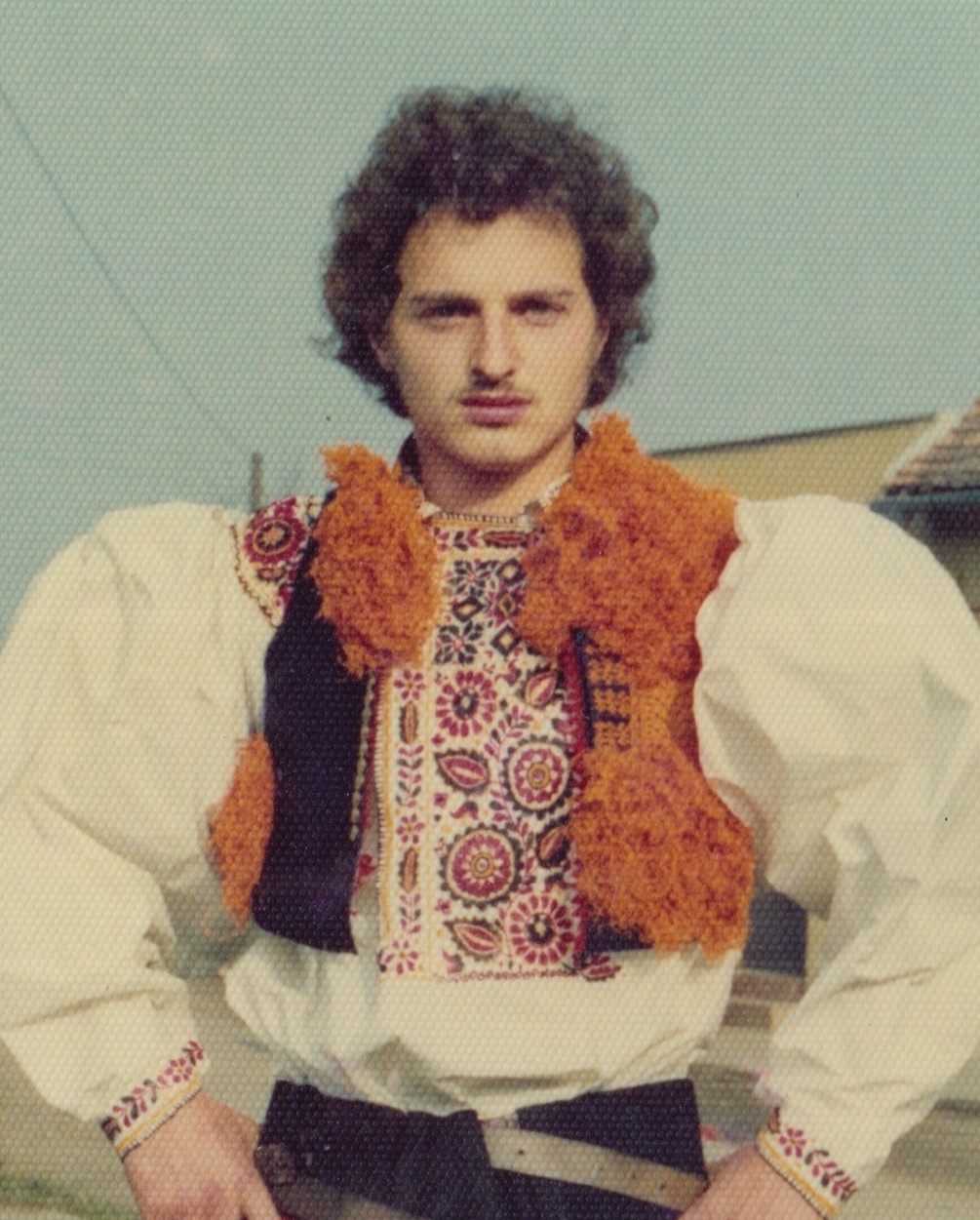The communists taught us to renounce our own parents. I couldn’t accept that.

Download image
Antonín Konečný was born on 20 June 1959 in Uherské Hradiště to parents Ctirada and Antonín Konečný. He spent his childhood on the farm in Milokošt’, which the family had been farming for two hundred years. They lost most of the horses from the farm during the liberation in 1945, and faced further pressure because of their unwillingness to sign the application to the JZD (Unified agriculture cooperative). Because of this, Antonín Konečný was considered a class enemy and the son of a kulak. After primary school, the district committee of the Communist Party of Czechoslovakia initially stopped all further education for him, but he eventually took an apprenticeship at the secondary vocational school in Veselí nad Moravou. However, he was obliged to live in a dormitory so that he could not help his parents on the farm. After his father’s death in 1978, Antonín Konečný took over the family farm. He was interrogated several times about the illegal purchase of a combine harvester. In 1984 he left the folklore ensemble Ostrožan, where he had been active for ten years - since he was fifteen. He had reason to suspect that someone from the group was informing on him. In July 1997, he witnessed a devastating flood that also inundated Milokošt’. Around the year 2000, Antonín Konečný married and raised two children with his wife. Even today (2022) he is still involved with horses. He passes this craft on to his son Jakub.








































